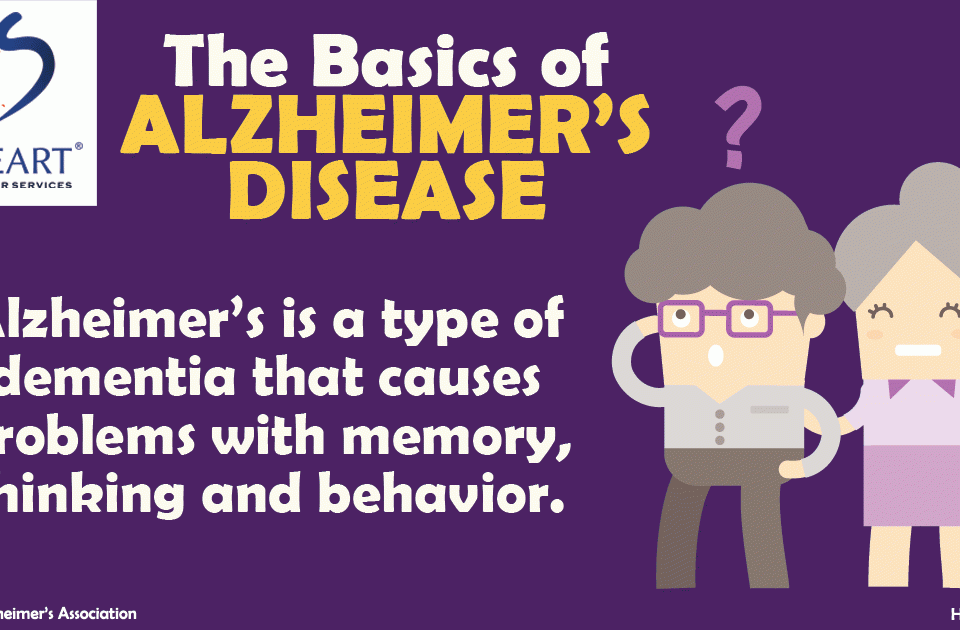You can’t always be there. But we can.
Have You Been Taking a Lot of Allergy and Sleep Medications Lately?

Banana Nut Oatmeal
March 1, 2015
Mrs. Smith
March 1, 2015Have You Been Taking a Lot of Allergy and Sleep Medications Lately?
Do you or a loved one take a lot allergy or sleep medications? Research has shown that some drugs can make you very susceptible to Alzheimer’s disease.
The risk of getting this disease gets even higher if you have been taking some of these same medications for long periods of time.

What commonly used drugs fall into this category of “Possible Alzheimer disease catalysts”?
Prescription and over-the-counter medications such as Sinequan (tricyclic antidepressants doxepin),Chlor-Trimeton (chlorpheniramine which is an antihitamine) and Benadryl (diphenhydramine), andDitropan (oxybutynin for bladder control).
What makes these drugs potentially unsafe?
These medications called anticholinergic agents block the brain chemical acetylcholine which is responsible for transmitting nerve signals throughout the brain and nervous system. Short term use of these drugs negatively affect cognitive abilities such as attention and working memory while long term use carries an increased risk of developing dementia including Alzheimer’s disease. “Older adults should be aware that many medications — including some available without a prescription, such as over-the-counter sleep aids — have strong anticholinergic effects,” said study author Shelly Gray, director of the geriatric pharmacy program at the University of Washington School of Pharmacy
More so the effects and the possible damage brought about by using these drugs are long lasting and may be irreversible. It is suggested that if there is no better choice of drug treatment that can be given other than medication with anticholinergic effects then it should be administered at the lowest effective dose. If you regularly use these drugs, you should consult with your doctor on whether you should continue or seek alternatives.
What are better drug substitutes?
Dr. Gray had suggested substitutes such as Celexa (cetalopram which is a selective serotonin re-uptake inhibitor), Prozac (fluoxitene for depression), Claritin (loratidine which is an antihistamine for allergies). These drugs serve as better alternatives since they do not carry any anticholinergic effects. She includes that “health care providers should regularly review their older patients’ drug regimens — including over-the-counter medications — to look for chances to use fewer anticholinergic medications at lower doses.”
Results of studies have shown that the long-term use of anticholinergic drugs can cause problems for your brain down the road.
For more information, check out the article from Fisher Center for Alzheimer’s by clicking “Here”
source: alzinfo.org.

